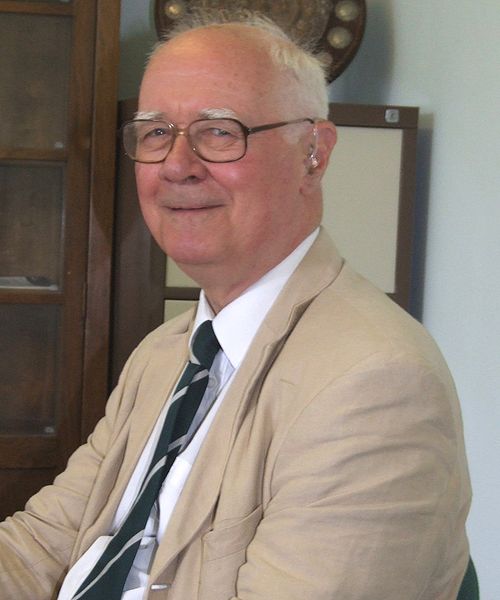
“Science has purchased its very great success by the modesty of its ambition.” Sir John Polkinghorne
Both scientist and theologian, Sir Joh Polkinghorne began a 2003 talk for Socrates in the City, by comparing the questions of science to those of religion. Polkinghorne said the “great success” of science is due to the modest nature of its goals. In contrast, Polkingnore insisted that religion asks the more interesting questions. He explained:
Science has purchased its very great success by the modesty of its ambition. Science does not seek to ask and answer every sort of question. It restricts itself essentially to asking questions of process . . . It also restricts the kind of experience that it takes into account in framing and finding its answers to those questions. Scientists treats the world as an object, as an it, as something that you put to the experimental test, that you can pull apart to see what it is made of, and we have learned all sorts of very significant things by doing that . . .
Whereas,
Religion is asking a different set of questions, deeper questions, and, in my view, more interesting questions, even than those of science – – – questions of meaning and purpose: “Is there something going in what is happening in the world?”
Available in Life, God, and Other Small Topics: Conversations from Socrates and the City, this talk is the only material of Polkinghorne’s I have read. He is an inclusivist who believes in theistic evolution. I suspect that he is a better scientist than theologian . . . I have only begun reading this collection of talks. However, I am already sure it is worth reading. Peter Kreeft’s, “Making Sense of Suffering,” in the same volume is both thought provoking and encouraging.